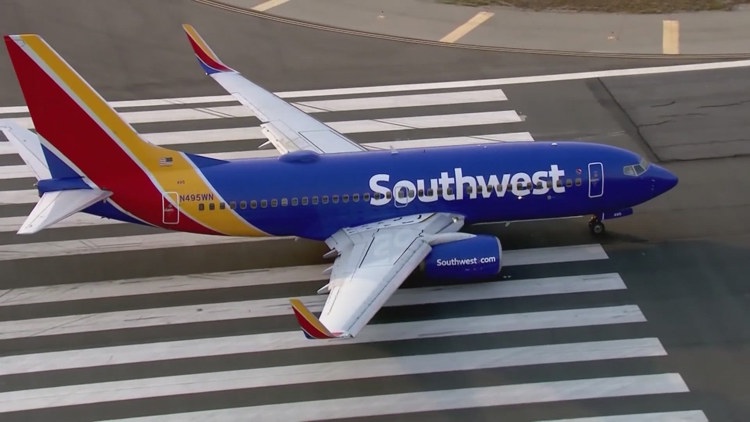Southwest Airlines in Legal Battle with San Antonio Over Airport Terminal Allocations

A new decade-long lease agreement is expected to go into effect on Oct. 1, but Southwest Airlines is trying to stop that from happening. The airline is escalating its impasse with the city of San Antonio over what it calls “fundamentally flawed” terminal allocations at San Antonio International Airport.
The conflict revolves around the forthcoming Terminal C at San Antonio International, which is set to be more than twice as big as the existing terminals combined. Southwest Airlines, which boasts the highest number of travelers among U.S. airlines, claims that the city promised the airline that most of its 10 gates at the airport would move to Terminal C. However, in a surprising turn of events in May, the city announced that Southwest would remain in Terminal A, leading to a legal battle between the two parties.
In a lawsuit filed Thursday, Southwest Airlines stated that it has “no realistic option” but to decline signing the new lease that goes into effect next week. The airline is seeking a temporary restraining order to prevent seven other airlines from entering into the lease with the city.
Southwest Airlines spokesperson Chris Perry expressed the airline’s desire to find a solution with the city that accommodates its growth and treats it equally to other carriers. City officials, on the other hand, believe that Southwest will not leave San Antonio, regardless of the lease agreement.
In an effort to entice Southwest, the city explained that Terminal A is slated to receive $200 million in upgrades, with potential for more improvements. However, Southwest is holding out for assurances that the terminal will meet its service needs before signing the lease.
If Southwest Airlines fails to sign the new lease by Tuesday, it could incur additional rent fees as a “non-signatory airline.” The lawsuit also accuses San Antonio of violating the Airline Deregulation Act by prioritizing airlines offering premium service over Southwest.
Southwest Airlines maintains that airports should not favor certain carriers over others, and it seeks a fair resolution with the city of San Antonio to avoid harming its competitive position and inconveniencing travelers.
Overall, the legal battle between Southwest Airlines and San Antonio over terminal allocations at San Antonio International Airport underscores the complex dynamics of airline-city relationships and the regulatory framework governing airport operations.

